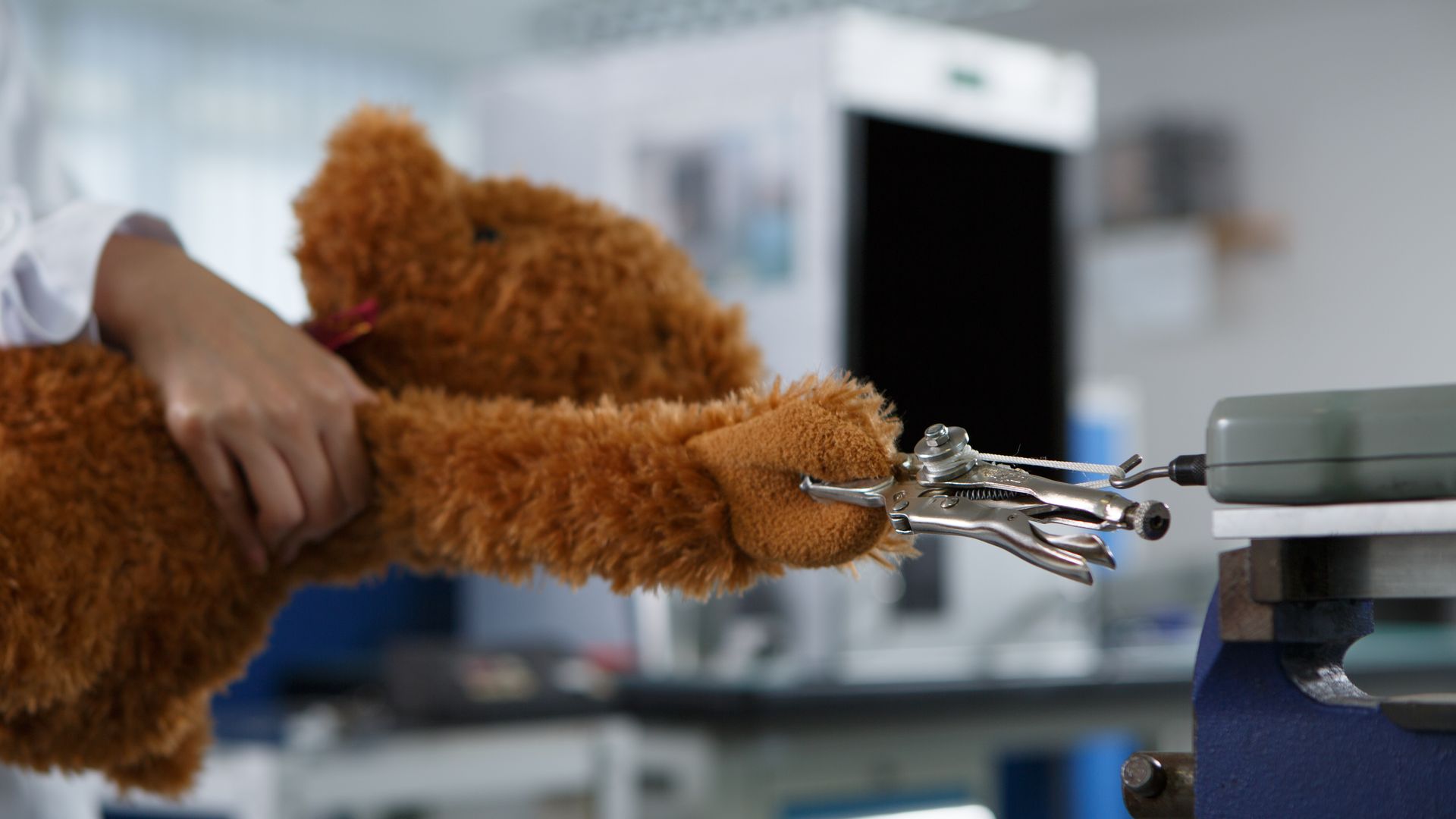"Los juguetes son los 'amigos' con los que los niños se encuentran primero". -- Asociación Japonesa del Juguete
Además de ser uno de los mercados más fuertes para los juguetes, Japón puede muy bien ser el país consumidor de juguetes más entusiasta del mundo. El enorme y muy influyente Salón Internacional del Juguete de Tokio es la principal exposición anual del país, que contó con unos 35.000 juguetes en 2018. Uno de los aspectos más destacados de la feria versó sobre la "fabricación global de juguetes", ya que los compradores de juguetes japoneses están muy interesados en los juguetes procedentes del extranjero, en particular los que son innovadores y tienen valor educativo. Desde 2008, la feria cuenta con los Japan Toy Awards para premiar a los "fabricantes [que] desarrollan juguetes de alta calidad que se mantienen al día de los cambios en el mercado."
Como bien sabe la industria juguetera, los cambios más destacados desde 2008 se han centrado en el aumento de las normas de seguridad, después de que una oleada de retiradas de juguetes de gran repercusión afectara al mercado mundial del juguete.
Hoy en día, Japón se toma muy en serio la seguridad de los juguetes. Según World of Toys.org, "más del 80% de los clientes [japoneses] se fijan en la seguridad del producto cuando compran un juguete". El sector está regulado por dos normas diferentes: La norma Safety Toy (ST) y la Japan Food Sanitation Law (JFSL). Examinaremos los requisitos de cada conjunto de normas para ayudar a su empresa fabricante o importadora de juguetes a introducir con éxito juguetes innovadores en este apasionante mercado.
Norma de seguridad de los juguetes (ST 2016) y marcado
La norma ST y su correspondiente marca de conformidad fueron creadas en 1971 por la organización de interés público conocida como Asociación Japonesa del Juguete (JTA). El cumplimiento de la norma depende de que el fabricante, el minorista o el importador superen con éxito las pruebas de laboratorio. La norma ST se revisó en 2016 para incluir tres partes:
Propiedades mecánicas y físicas (conforme a ISO 8124-1)
Inflamabilidad (conforme a ISO 8124-2)
Propiedades químicas
Una vez demostrado el cumplimiento de todas las normas de ensayo aplicables por parte de un laboratorio de ensayos autorizado por la JTA, el producto está cualificado para llevar la influyente marca ST. Por ahora, la participación en el Programa de Normas y Marcas ST es voluntaria. Sin embargo, todos los fabricantes e importadores de juguetes deberían considerarlo tan bueno como obligatorio a los ojos de los compradores japoneses preocupados por la seguridad.
¿Necesita más información?
Al ponerse en contacto con QIMA usted acepta nuestra política de privacidad y nuestros términos y condiciones.
Ley japonesa de saneamiento de los alimentos (JFSL)
Japón adopta un enfoque único para la regulación de los juguetes diseñados para niños menores de 6 años al otorgar autoridad al Ministerio de Salud, Trabajo y Bienestar (MHLW) en virtud de la Ley de Saneamiento Alimentario de Japón. Promulgada en 2003, esta ley se centra específicamente en los juguetes diseñados para entrar en contacto directo con la boca de los niños o que puedan hacerlo. Es decir, productos como chupetes, biberones, tetinas, sonajeros, plastilina, máscaras, papiroflexia, bloques de construcción, teléfonos de juguete y juguetes para casas de muñecas. Las pruebas específicas de seguridad de los juguetes se centran en el uso de sustancias consideradas nocivas por ingestión, como el cadmio, el plomo, los ftalatos, el arsénico y otros metales pesados.
El cumplimiento de las Secciones IV y V de la JFSL, verificado en laboratorio, es obligatorio para los productos infantiles aplicables antes de que puedan entrar en el mercado japonés.
Las pruebas de laboratorio garantizan la longevidad de sus juguetes innovadores
Tanto jóvenes como mayores, el público japonés, entusiasmado con los juguetes, siempre se interesará por las empresas jugueteras capaces de producir nuevos productos o nuevos giros de los clásicos con los que crecieron, como el "Baseball Game 3D Ace" actualizado que celebró el 60º aniversario de su encarnación original, ganando uno de los codiciados premios de la feria.
Ese tipo de poder de permanencia requiere que una empresa juguetera como la suya mantenga su compromiso con la realización de pruebas de seguridad en laboratorio coherentes, que pueden comenzar en el nivel de diseño con programas de garantía de calidad, y continuar a través de pruebas de laboratorio e inspecciones de línea en fábrica.
QIMA aplica todas las normas nacionales e internacionales de seguridad de los juguetes a nuestros servicios de asistencia de control de calidad y pruebas de laboratorio. Nuestra amplia cobertura mundial, nuestra experiencia en fábricas chinas, los rápidos plazos de entrega de los informes y las actualizaciones móviles le ayudarán a estar al tanto de su innovadora línea de juguetes para que pueda entrar en el mercado japonés con confianza.
El Salón Internacional del Juguete de Tokio 2018 dio la bienvenida a 51 fabricantes extranjeros, ¡y hay sitio para más! Descubra cómo los servicios de inspección y pruebas de laboratorio de espectro completo de QIMA pueden ayudarle a hacer el mercado de juguetes más entusiasta del mundo.
Programe fácilmente sus pruebas de juguetes en línea
Nuestra plataforma en línea y nuestra aplicación móvil le facilitan la programación de pruebas de juguetes y menores, así como la recepción de los resultados en cualquier momento. Reserve nuevas pruebas, consulte los pedidos pendientes y acceda a los resultados desde su dispositivo móvil. Nuestra plataforma en línea proporciona información valiosa sobre la cadena de suministro, incluido un resumen de su actividad de control de calidad, todas las estadísticas de calidad de sus proveedores, datos de referencia del sector y mucho más.
Cómo empezar: Inicie sesión o cree su cuenta
